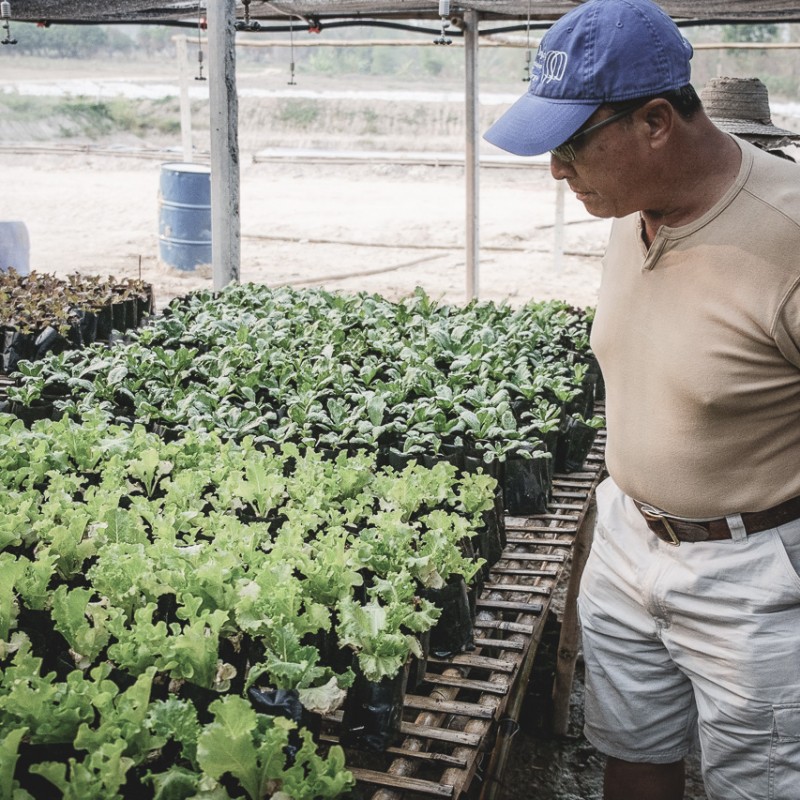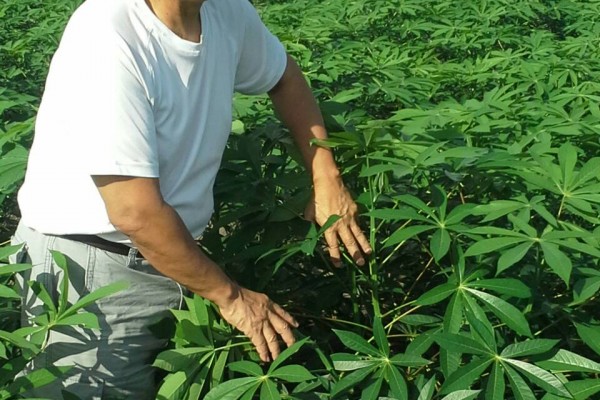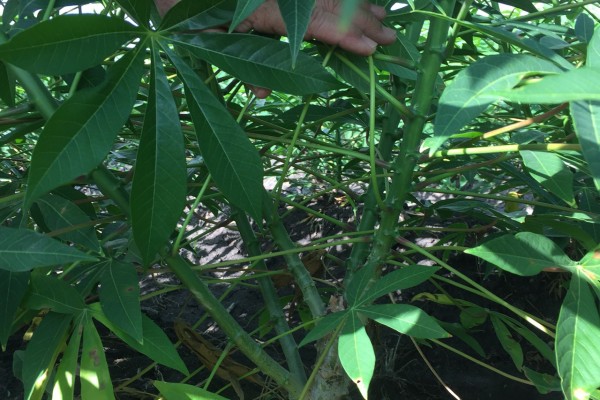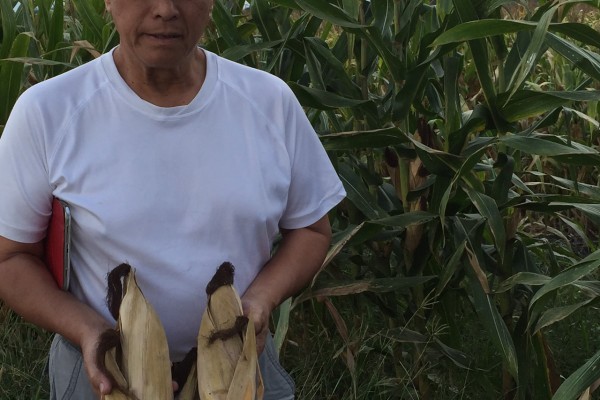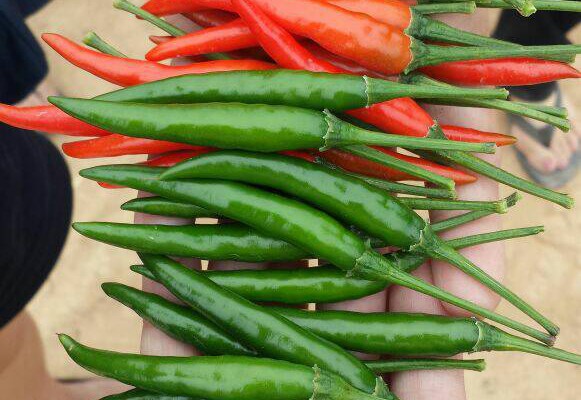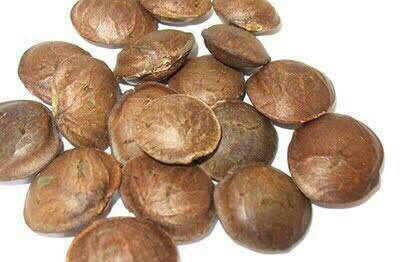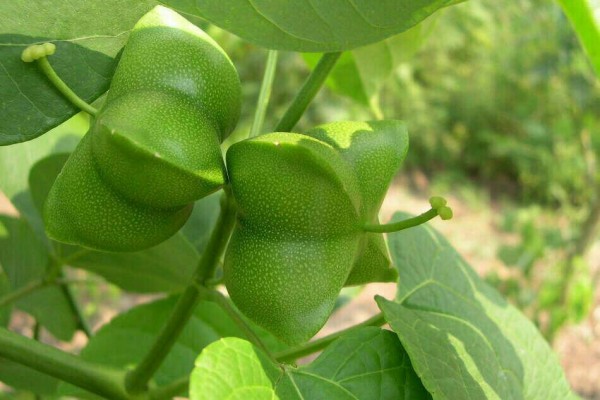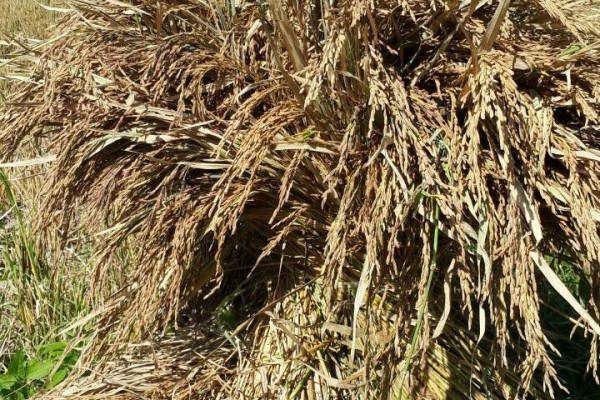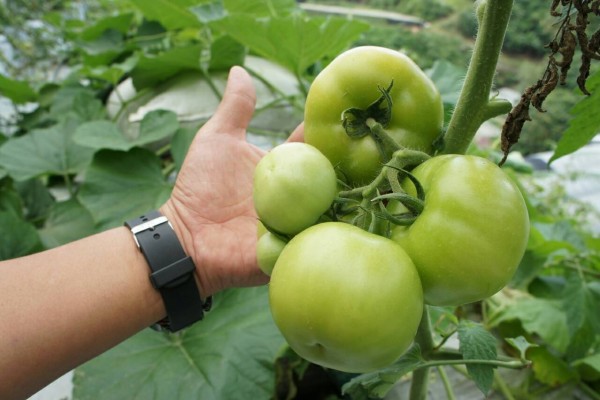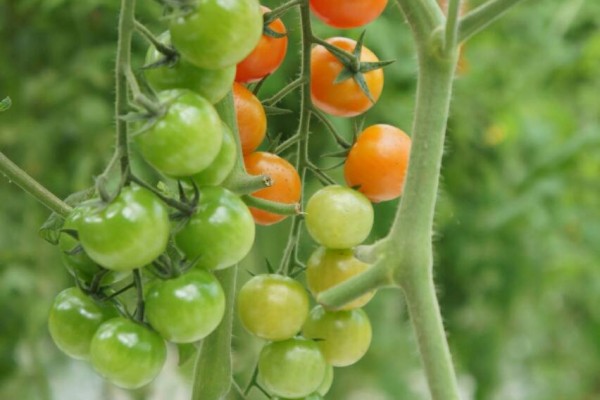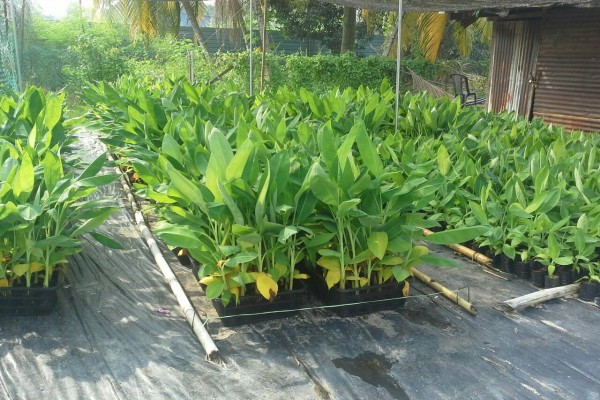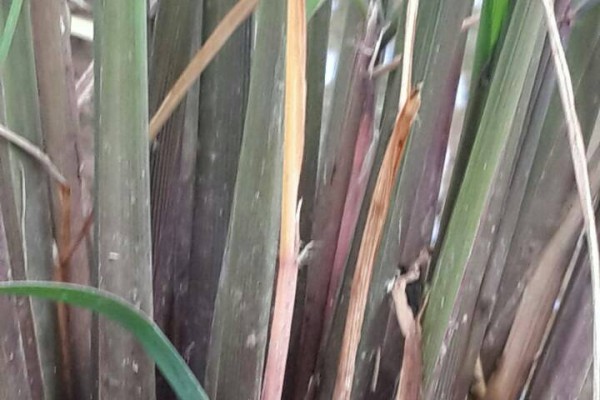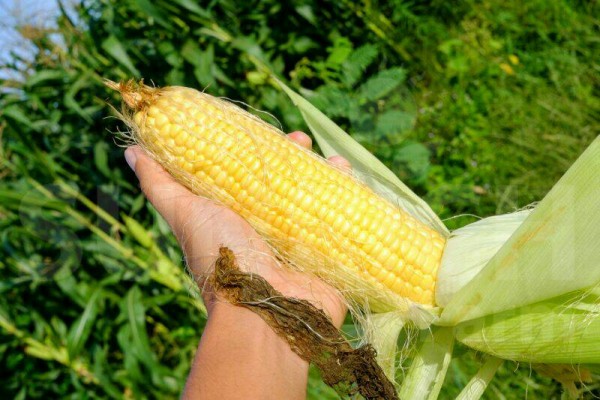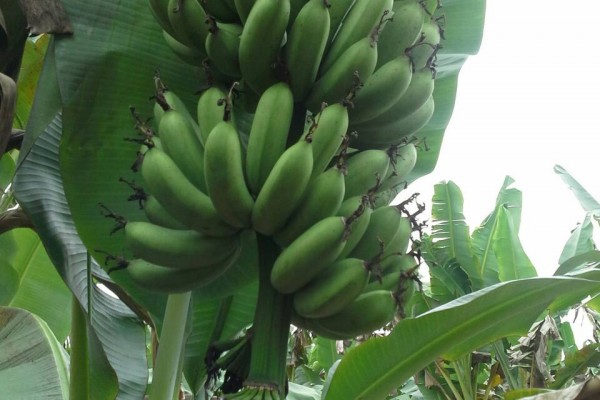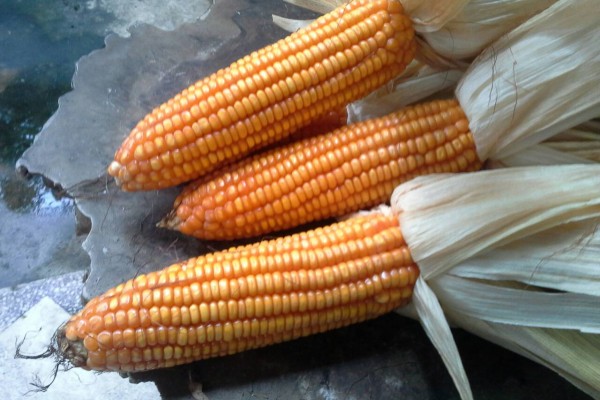Who are we and what we do ?
WE are a registered Thai company in the Organic Agriculture industries.
In farming, whether it is conventional farming or organic farming, if one is to be successful, which is the wishes of every farmer and investor , there is no short cut to achieve the end result. At the end of the day is, whether you are able to work on the given area, to achieve the quality of produce that is acceptable by consumers, and the production is sufficient and profitable to sustain the operation.
There is no room for errors, the one managing the farm is not given the pleasure of time for trials and errors.
Therefore, your success depend on your ability to sustain growth, increase production on the limited time and limited area, or expension depending on your ability to manage larger area. Working with machineries, if there are available, can help in speeding up some work, but it is not the solution to success.
Mr.Thomas Loke has been contributing his time in the agriculture industries in teaching organic farming, in developing planting materials, work on new planting methods, in production and experiment for many years. He organized Sunrich Organic Limited Partnership in the year 2008 to introduce new range of “New Class plant protectants & Supplement”. Sunrich Organic aims at motivating organic farming by introducing new planting technics offering products that are user friendly, efficent, time and labour saving, and able to achieve higher yield in crops production.
APPLICATION OF SUNRICH ORGANIC PRODUCTS
Introduction – understanding the major functions of vascular plant species is important to get the best results in planting.
Photosynthesis
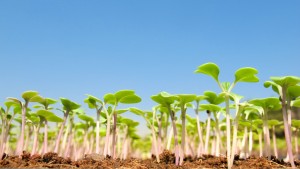 For most vascular plants, sun light, water and carbon dioxide are the most important factors in photosynthesis. Through the stomata, carbon dioxide and oxygen are transmitted in and out.
For most vascular plants, sun light, water and carbon dioxide are the most important factors in photosynthesis. Through the stomata, carbon dioxide and oxygen are transmitted in and out.
During this process, sunlight is being converted to chemical energy via chlorophyll in the cells structure just below the leaves surface.
There are two stages. One is called Light Reaction, and the other, Dark Reaction. Light Reaction takes place under direct light in the day, and Dark Reaction, not necessary under direct light, but, also during day time.
When light is converted by chlorophyll to chemical energy, it creates two compounds – ATP (Adenosine Triphosphate – free energy containing molecule) and DAPH (Nicotinamide Adenine Dinucleotide Phosphate – high energy electrons carrying molecules). At the same time, water and carbon dioxide in the leaves are split to form sucrose and fructose and release oxygen via the stomata. During the two reaction process, sugar is formed.
During the Dark Reaction stage, the plant will use up partially stored sugar or carbohydrate in the leaves. This time the energy conversion changes sugar and carbohydrate to water and carbon dioxide is released via stomata.
This whole cycle of reactions in the plant is called the Calvin cycle.
During the Calvin cycle, cells in chloroplast also produce plant food – phytochemicals from inorganic nutrients received from the roots. And hormones are also produced and delivered back to the roots.
Roots function
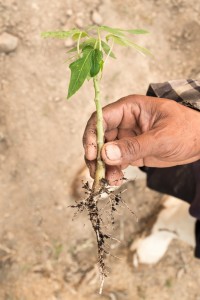 Basically, there are 4 types of functions in the plant roots.
Basically, there are 4 types of functions in the plant roots.
1) Absorbing water and inorganic nutrients
2) Anchoring the plant to the ground or supporting it
3) Storage of food and nutrients
4) Vegetative reproduction.
In responding to the concentration of nutrients, roots also undergo cytokinesis (split into daughter cells), act as a signal as to how fast the root shoots can grow.
The roots of most vascular plant species enter into symbiosis with certain fungus – e.g. mycorrhizae, as well as a large range of other living organisms, including bacteria that are closely associated with roots.
During normal condition in the soil where there is sufficient water or moisture, there are air gaps and activities of living organisms which convert nutrients of minerals to plant nutrients. The plants benefit from all these activities via its roots.
The pH condition and salinity in the top soil is determined by the formation of the soil long time ago, so is organic matter formation, which are all related to microorganisms living in the soil.
In modern times, land used by cultivation is affected by chemicals, deep ploughing and repeated planting, destroying living organisms, resulting in nutrients leaching, due to poor soil management. What used to be fertile soil is depleted of nutrients, resulting in low production.
Furthermore, draughts, heavy rainfall and flooding lasts longer than it were 20 years ago. These natural calamities render additional crop failures and heavy economic losses for farmers, and plantation owners.
In 2008, with the help of a team of microbiology researchers, who work in chitin research (Oligosaccharide), we successfully launched Stress. Since then , we have been developing products for specific needs in organic farming, such as Stress,
Siege, Aspara, Knock, Enhance, Prima, Compomin, Evergreen, and Fe’Lamour.
We believe, in the present changing climatic conditions which affect plants and insects, the challenges relate to farming are even more difficult for farmers. Therefore, there are needs to adopt new farming practices and innovate products according to the situation in order to be on top of the challenges. We hope our products are able to serve the farming communities more efficiently.
Our Challenges
The need to create these products –
Chemicals can only partially provide to the plants need.
Currently making compost for most farmers are extra work, and the production is unable to match chemical fertilizer results.
Sunrich products are made of natural materials. Some products provide full spectrum of balanced nutrients needed by the plants. Some products are able to help soil microorganisms to work faster in breaking down organic matters and inorganic matters, and some products can be absorbed via leaves, is able to stimulate plant leaves in higher efficiency in photo synthesis.
When plants are able to benefit from these products, would result in better growth and higher yields.
Sunrich also adopt new planting technics, which helps to avoid plant diseases, and reduce damage by insects. So, it can reduce the necessity of using pesticide.
We also develop products that helps to conserve water in planting.
By adopting to our new planting method, farmers can reduce the frequency of applying planting material, reduce the frequency of composting, and reduce the quantity of applying compost on the planting area. Overall, saving on time , there is significant saving in labour, saving in material handling and in transporting costs.
This is a small step in improving organic farming. But, definitely a step to take in order to make the differences in providing clean and safe food for the consumers.
THE BENEFITS OF SUNRICH ORGANIC PRODUCTS
By using Sunrich Organic products and planting methods, our farmers have experienced in higher yield than their previous conventional method with chemical products. They have been able to produce better quality and better tasting produce. The produce can last longer on the shelves, with or without temperature control installation.
These possibilities help farmers to reduce production cost, sell at better prices, and easier to access markets. Retailers can benefit from attractive produce that stay fresh longer and less wastage on their shelves.
Consumers also benefit from high quality produce that taste good and rich in nutrients.
Material used in Sunrich Organic production are listed and adopted by European Commission EGTOP/2016 (Commission Directorate General for Agriculture and Rural Development Directorate B. Multilateral relations, quality policy B. 4.Organic
Expert Group for Technical Advice on Organic production EGTOP
Final Report on Plant Protection (111)
The EGTOP adopted this technical advice at the 13 plenary meeting on 9-10June 2016 and submitted the final version on 26 October 2016.
Contact office
European Commission
Agriculture and Rural Development,
Directorate B , Multileteral Relation, quality policy
Unit B4- Organics
Office L 130- 06/148
B-1049 Brussels
Belgium
Function mail box :agri-expert-gr-organic@ec.europa.eu
RANGE OF SUNRICH ORGANIC PRODUCTS
Following are the 8 Sunrich Organic products and its application protocols.For the most effective results, we divide the products into 4 groups :-
1.Composting preparation – are used for preparing compost or for improving planting soil condition.
2.Foliage stimulants– are strong stimulants made from natural polysaccharide – that can permeate into leaves to stimulate cell elicitors for growth.
3.Concentrate plant food
EVERGREEN – liquid nutrients in the form of ETDA salt. Containing essential plant nutrients.
4.Control Soil Diseases and Nematode
ADDITIONAL NOTES FOR USAGE OF SUNRICH ORGANIC PRODUCTS
1.For preparing rice fields and growing rice
DIGESTOR liquid is effective to control weeds and wild rice in rice fields before planting rice.
When it is time for planting rice, first, spread fertilizers and COMPOMIN and composted material (rice straws and animal Dung) in the rice field when the field is still dry. Then, let in water to flood the field. Next, prepare DIGESTOR liquid to spray evenly in the field.
Our method is mounting spraying tank on ploughing machine. Attach a wooden board behind the machine for a man to stand on it. Take the machine to run over the field pushing weeds and wild rice shoots to submerge into water. After that, make special effort to spray ENHANCE and PRIMA. After 5 days, all the vegetation in the rice field would be fermented and become compost. The soil would be soft enough to use rice planting machine to do planting.
We suggest to plant single rice shoot, 15 cm apart. After planting 20 days, use STRESS and EVERGREEN to fog spray the rice plants. Spray every 15 days until flowering, Stop spraying during grain setting for two weeks. Then, repeat spraying after grain is set, for at least another two rounds.
The rice shoots will not be damaged by snails nor other insects, because, on the leaf sheaves and the leaves will grow short hard hair that the snails would avoid.
2.For preparing planting field for corn, tapioca
If the field has not been planting crops for sometime, we suggest to grow legumes, such as Indian snow pea or any fast growing green plants to create organic matters. Then, when it is time for planting, turn the green into the soil to prepare the planting field. After that, spread COMPOMIN and spray DIGESTOR liquid, ENHANCE, and PRIMA. After 10 days, the field is ready to plant the main crop.
If there were enough green debris left over from the last crop, then turn the debris into the soil, spread fertilizer and COMPOMIN, and follow by spraying DIGESTOR, ENHANCE and PRIMA. After 10 days, the field is ready for planting.
3.For preparing sugarcane field for first and subsequent crops
In Thailand, sugarcane is harvested by machine harvester. We suggest, the trenches with depth of 50-70cm for planting should be dug with backhoe machine. And the canes lay in single or double rows, over-lapping about 10 cm each end. After the canes are laid, and before closing the trenches, spread over the dug up soil fertilizer, COMPOMIN. Spray DIGESTOR, ENHANCE and PRIMA. After the trenches are closed, if possible spray DIGESTOR again another round. The cane shoots will grow exceptionally well. Then, every month use fog spray of STRESS SC and EVERGREEN on the leaves, until it is no longer possible to move into the field.
For ratoons – Each time after harvest, treat the rows with fertilizer, COMPOMIN, and spray DIGESTOR, ENHANCE and PRIMA. When the cane shoots appear, fog spray with STRESS SC and EVERGREEN on the leaves as per normal.
4.For preparing potato, carrot, radish, vegetable plots or flower plots
During preparation to raise the rows, spread CONDO 1kg per sq. meter on the row, spread COMPOMIN (50 gm), and compost fertilizer at least 50kg per sq. meter .Mix into the soil. Spray DIGESTOR, ENHANCE and PRIMA on the row, allow to set 7-10 days before planting seedlings.
5.For preparing planting media for bags
Planting in bags for chilli, tomato, eggplant in bags of 10 liter size. (Coco-peat one cu meter to 100 kg CONDO)
Mix coco-peat and CONDO evenly before filling the bags. Soak each bag before planting seedlings.
Healthy plants are able to prevent diseases caused by microorganisms, and able to repel insects that cause damage to plants. In most cases that we have experienced, if the soil is well prepared as instructed, the plants would grow well. There would not be much problem with insect damage or plant diseases on the crops.
In areas that had been infested by thrips, aphids and mites, we need to use sprays to control the insects for at least 6-12 months. As time goes by, the population of these insects will reduce, because the plants grown with our products would be unsuitable for hatching their young to survive.







